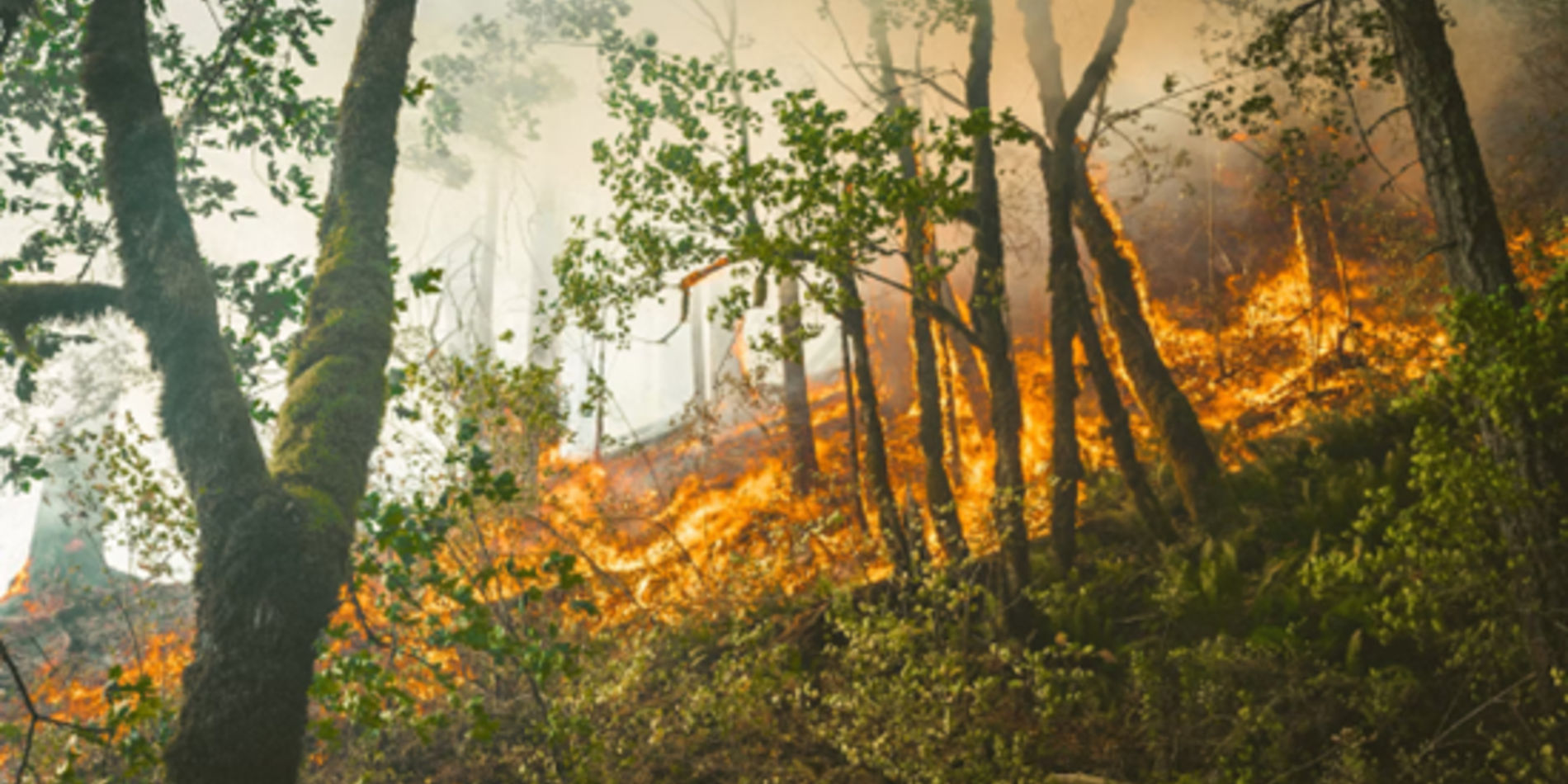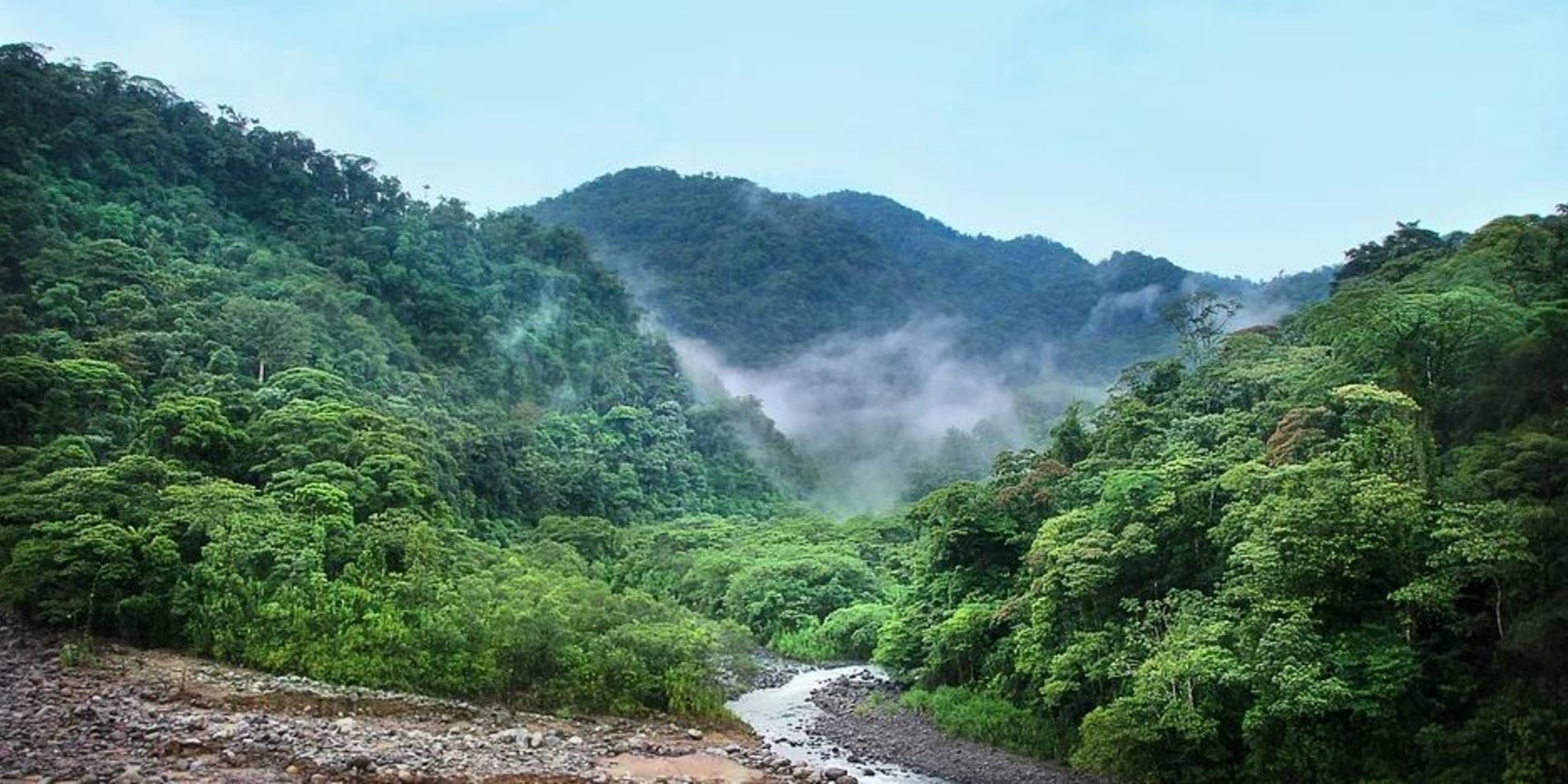Current Challenges
Program overview | Current Challenges| Funding and application overview | FAQs | Application| Awards
Supporting rapidly deployable energy and environmental solutions
This program provides resources to teams from the Stanford community to generate and advance solutions to problems that require timely action to avoid irreversible consequences.

Current Challenges
We are requesting submissions for solutions that will address the direct and underlying causes and consequences of these specific challenges:

Protecting natural resources from wildfires and extreme weather
Wildfires and extreme weather events claim countless lives and cause billions of dollars in damages each year. These climate disasters are only increasing in intensity and frequency. In 2020 alone, the United States experienced 22 weather events that each caused more than a billion dollars in damage. In contrast, during the 1980s only 31 comparable events transpired throughout the entire decade-span. In addition to financial losses, the depletion of natural capital and wild spaces will severely degrade habitats and biodiversity while also releasing carbon stores from a fixed state. There is an urgent need for new and improved solutions to protect our natural resources from escalating climate-related disasters. Opportunities could include creating scalable land management practices that provide for more resiliency, monitoring or detection tools, and mitigation or remediation solutions.

Tropical deforestation
Tropical forests contain more than half of the species of life on Earth and absorb billions of tons of CO2 each year. Despite decades of efforts to improve protection of these irreplaceable ecosystems, tropical deforestation continues to proceed at an alarming rate. This problem poses one of the greatest threats to the planet’s biodiversity and carbon stores. Tropical forests are typically cleared to create new agricultural and pasture land, but the specific drivers in any deforestation hotspot may be complex and rapidly evolving. There is an urgent need for new and better solutions that directly curtail deforestation or address the underlying causes. Opportunities include creating innovations that reduce farmland demand in tropical regions, change consumer preferences, improve the tracking of products from cleared forestland, or increase mechanisms for protecting forests.
Program overview | Current Challenges| Funding and application overview | FAQs | Application| Awards
The review of submissions will begin early winter quarter.
(Funding is limited. Applications will be considered throughout the academic year on a rolling basis.)
Move your solutions from ideation to impact through the progressing phases of the program. Phased funding is contingent on progress, viability of the solution, and level of commitment of the team.

Submissions received by January 31, will be considered for awards during the winter quarter.
(Funding is limited. Applications will be considered throughout the academic year on a rolling basis.)

